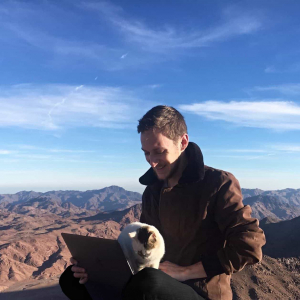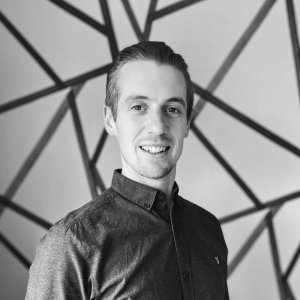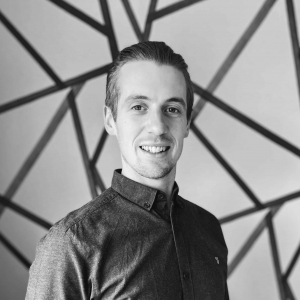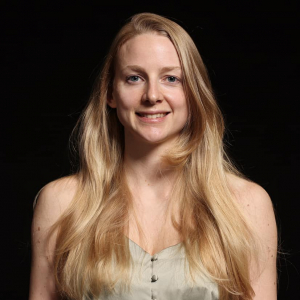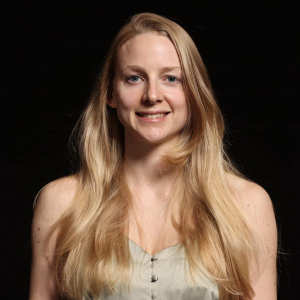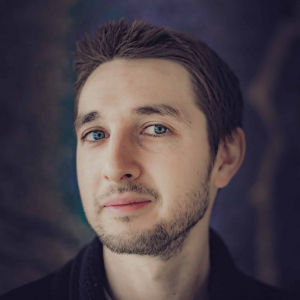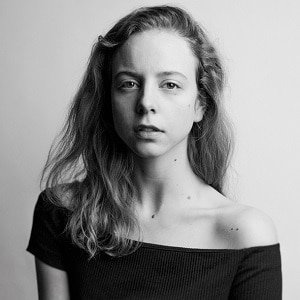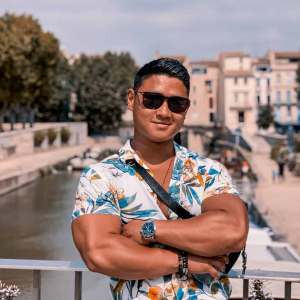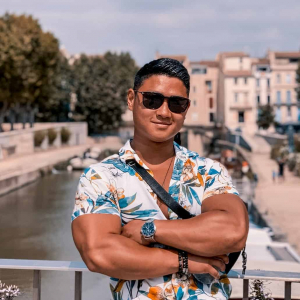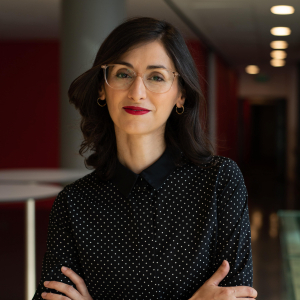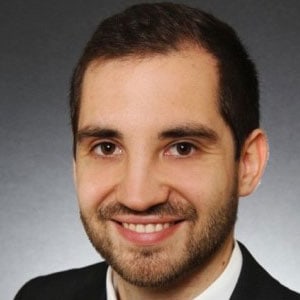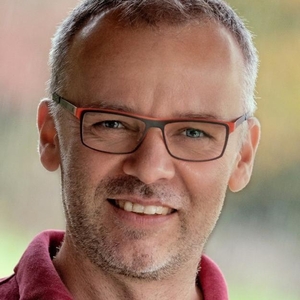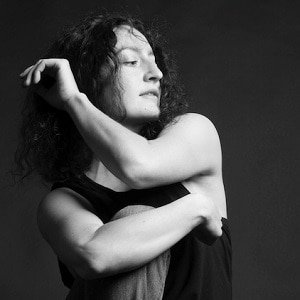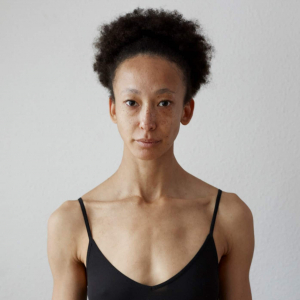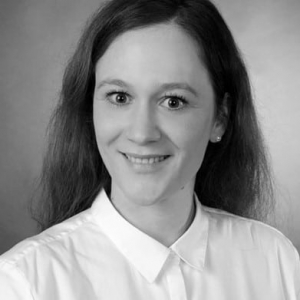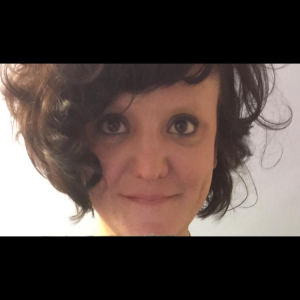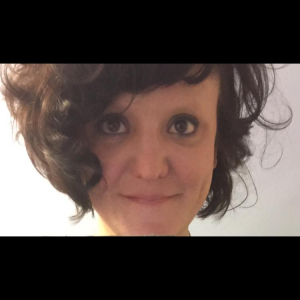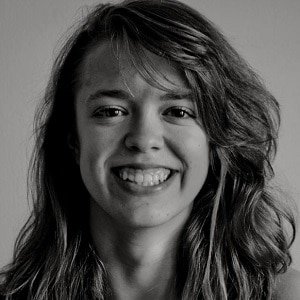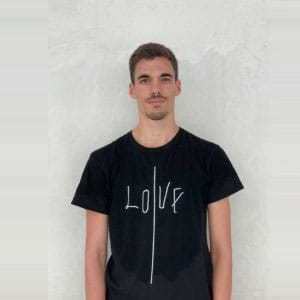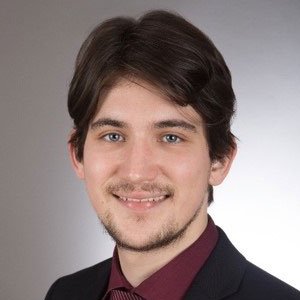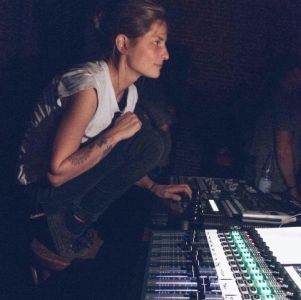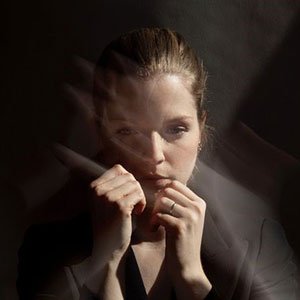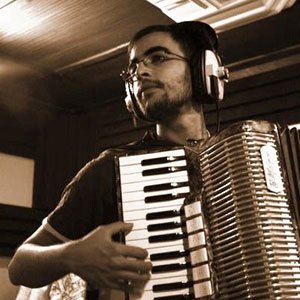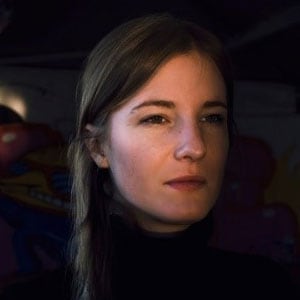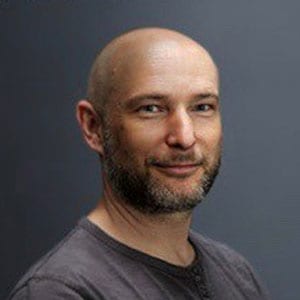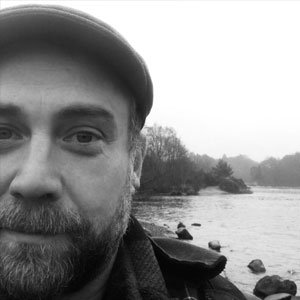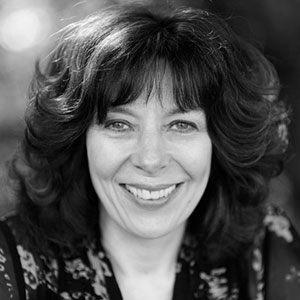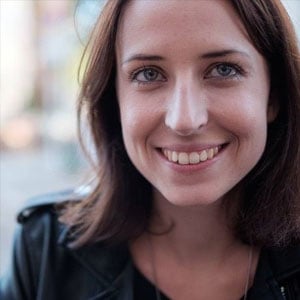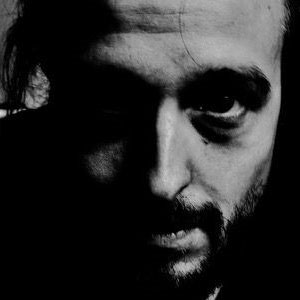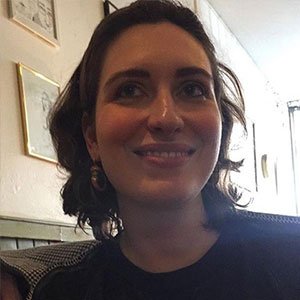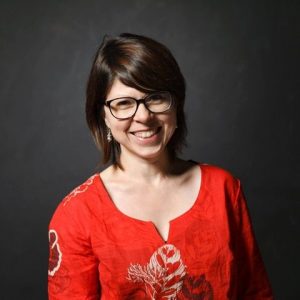Portrait on Elisabeth
‘Whoever speaks with Elisabeth Schilling immediately shares her passion for her profession, which is much more of a vocation. When she says: “Dance is my life”, this does not have the slightest hint of self-empowering pathos. It is rather a clear statement, the very natural location of her existence, where she has always seen herself.’
Eva-Maria Reuther
Last week a portrait of Elisabeth by the journalist Eva-Maria Reuther was published in the Tierischer Volksfreund:
Full article in German HERE.
Photo: Stefio Ceccon
Freely translated to English by E.Schilling:
Eyes, ears and movement
By Eva-Maria Reuther
05th August 2020
“One, two, three, four – Elisabeth Schilling rehearses György Ligeti’s “Études pour piano” with her dancers. She will perform three of the 18 piano pieces by the Hungarian with her company at the Moselle Music Festival this weekend in the former abbey church of St. Maximin in Trier. The three Etudes are a small excerpt of a large project. As a co-production “Hear, eyes, move” of the Grand Théâtre Luxembourg, the Moselmusik Festival and the Weimar Art Festival, the dancer and choreographer is working with her international team on a choreography of the complete work. The etudes of the composer, who was born in 1923 and fled to the West in 1956 and died in Vienna in 2006, are regarded as both highly complex and virtuoso. A huge challenge, but nevertheless a dream job for someone who, like Schilling, says: “I am interested in the manifold body”. This can unfold perfectly in Ligeti’s composition, in order to express in movement and gesture what is inherent in the Hungarian’s late “summit work” in terms of energies, diverse rhythms and multi-layered textures.
“I am interested in the different perspectives on the body,” explains Schilling. In her Ligeti choreography, it is the symbiosis of music and movement that makes such new perspective approaches and forms possible.
The choreographer describes her first encounter with the music of the modern classic as a “life-giving moment”. “I listened to Ligeti, and the music stood before my eyes as if drawn. The fascination has not diminished to this day. Just as little as that of dance.
Anyone who talks to Elisabeth Schilling immediately shares her passion for her profession, which is much more of a vocation. When she says: “Dance is my life”, this does not have the slightest hint of self-empowering pathos. It is rather a clear statement, the very natural location of her existence, where she has always seen herself. “I wanted to dance ever since I was a little child,” the choreographer recalls. “An inner voice told me I had to become a dancer.”
After her first ballet lessons, she completed her professional training whilst finishing her Abitur, first in Frankfurt, then at the TrinityLaban Conservatoire of Music and Dance in London and at the renowned London Contemporary Dance School. In the meantime, the artist, who was born in 1988 and grew up in Wittlich, has a remarkable biography of Deborah Hay, the American icon of postmodern as well as experimental dance, among her great role models. The names of the more than 30 international companies and choreographers she has worked for so far read like a tour d`horizon through contemporary dance positions. Among them are repertoires of Sasha Waltz, Reinhild Hoffmann and Trisha Brown. But there are also art venues with cult status, such as Tate Modern and Tate Britain in London.
The cosmopolitan artist is not only on the road to dance and choreography. Her educational commitment is also remarkable. “I want to open up the audience to dance and promote awareness of it,” explains Schilling. In doing so, she focuses on interaction and discussions with the audience.
The artist also benefits from her joy in experimentation, which also drives her choreographic work time and again. With Ligeti’s “Etudes”, Schilling has turned to a work that stands in the long tradition of piano etudes, such as those of Chopin, and continues it in a contemporary way. The choreographer has long been involved with the work, reading secondary literature, tracing the history of reception, and delving into the life of the composer. Because this is also one of her working principles: “Research is very important to me as preparation”.
The rehearsal continues. Elisabeth Schilling now looks at the movements from a different perspective. After all, it is also clear that with Ligeti’s Etudes, the perspectives are almost limitless.

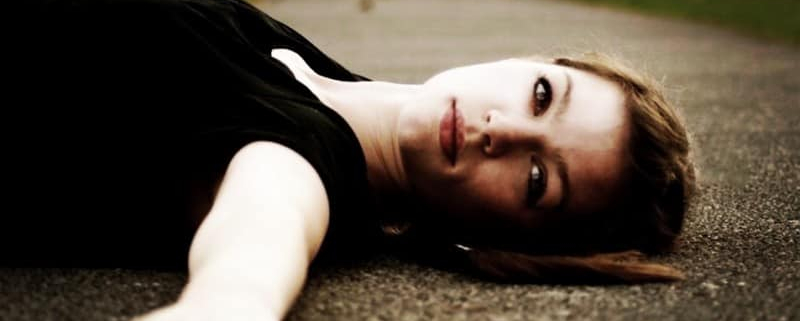






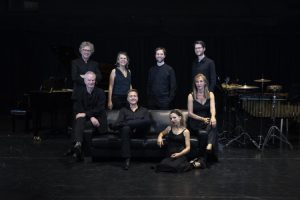
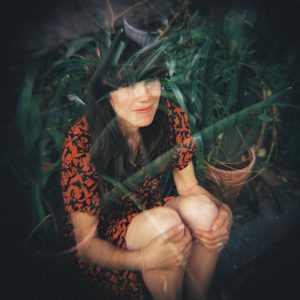
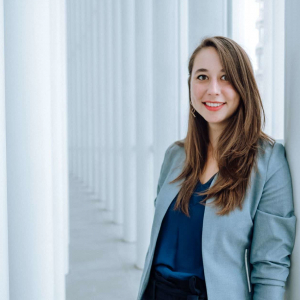

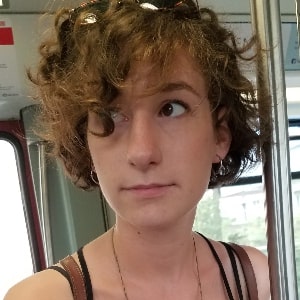
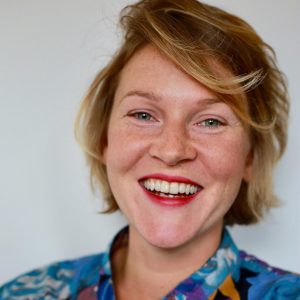
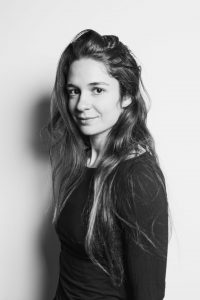
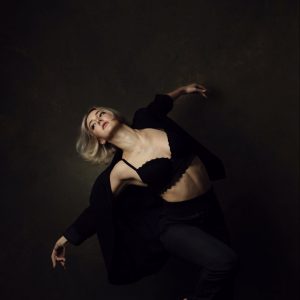
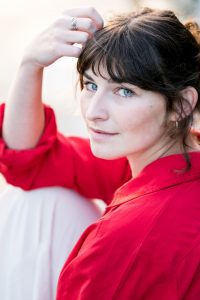
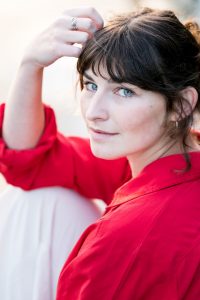
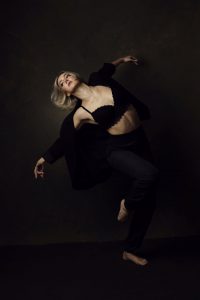
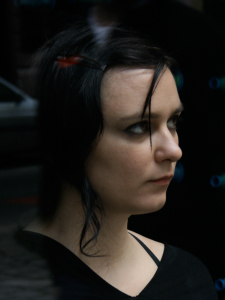

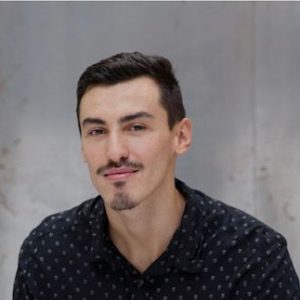
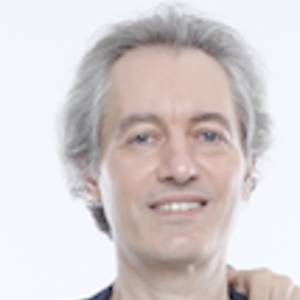
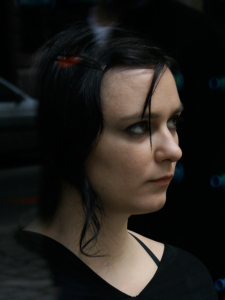

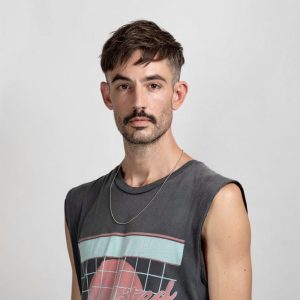
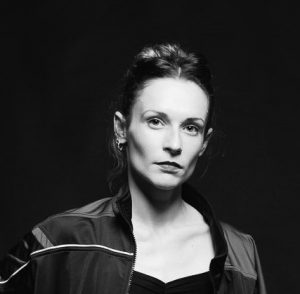 Lou begann im Alter von 5 Jahren in ihrer Heimatstadt zu tanzen. Im Jahr 2012 schloss sie sich dem Ballet Junior de Genève an, wo sie Werke von renommierten Choreografen wie Andonis Foniadakis oder Hofesh Schechter tanzte. 2016 schloss sie sich dem Kamea Dance Cie in Israel an, wo sie unter anderem Werke des Regisseurs Tamir Ginz, aber auch von Nacho Duato und Marco Goecke tanzte. Seit 2020 ist sie als Gasttänzerin am Grand Théâtre de Genève engagiert und arbeitet seitdem als freischaffende Tänzerin.
Lou begann im Alter von 5 Jahren in ihrer Heimatstadt zu tanzen. Im Jahr 2012 schloss sie sich dem Ballet Junior de Genève an, wo sie Werke von renommierten Choreografen wie Andonis Foniadakis oder Hofesh Schechter tanzte. 2016 schloss sie sich dem Kamea Dance Cie in Israel an, wo sie unter anderem Werke des Regisseurs Tamir Ginz, aber auch von Nacho Duato und Marco Goecke tanzte. Seit 2020 ist sie als Gasttänzerin am Grand Théâtre de Genève engagiert und arbeitet seitdem als freischaffende Tänzerin.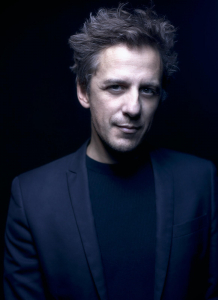
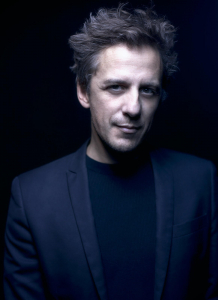
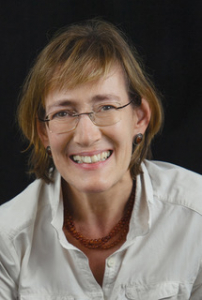
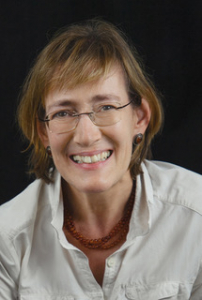
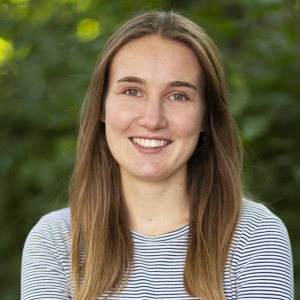 Johanna Schmitt
Johanna Schmitt Johanna Schmitt
Johanna Schmitt